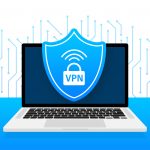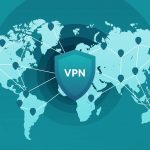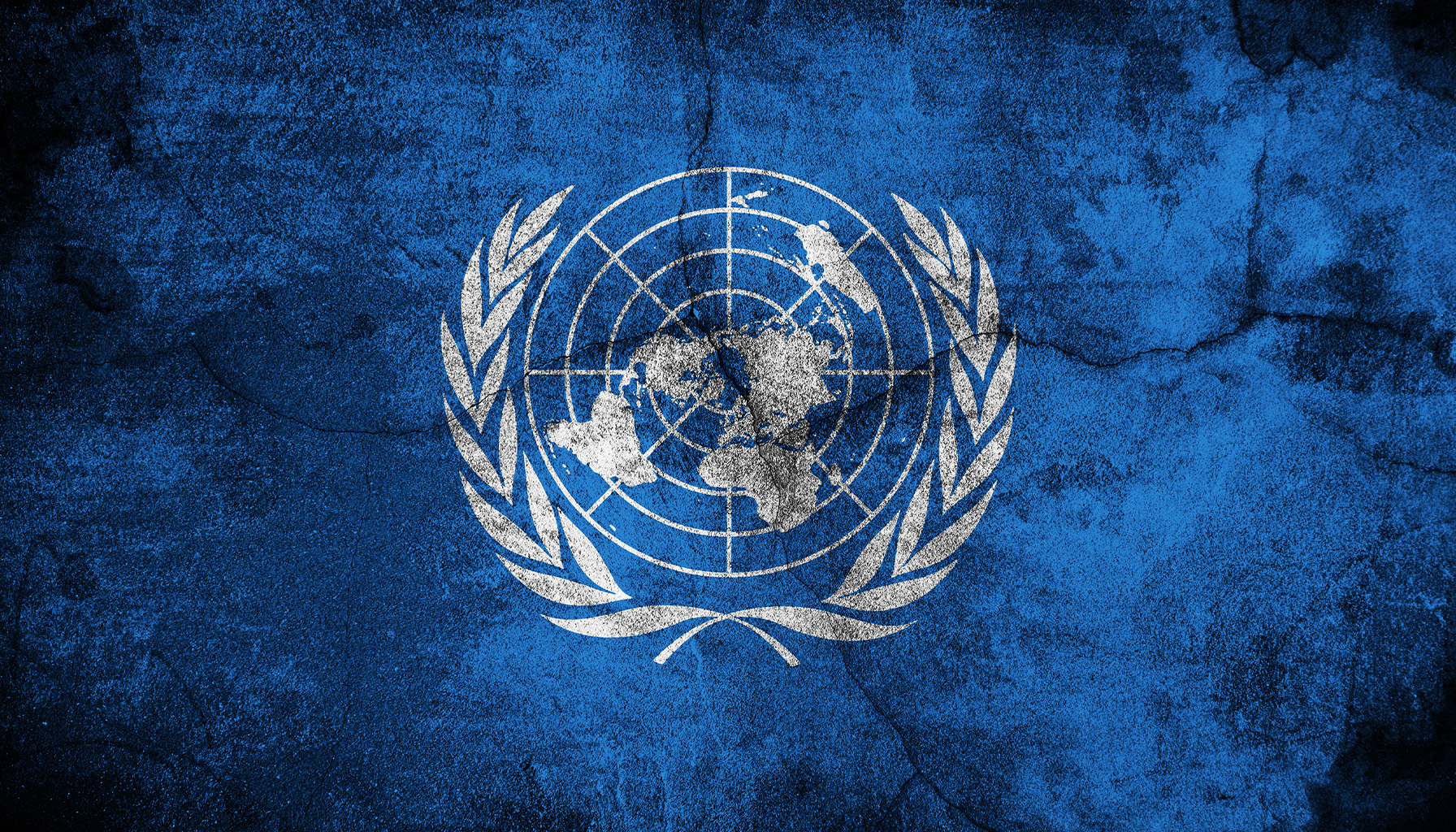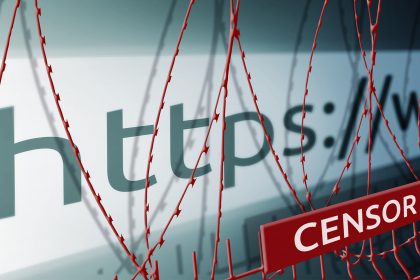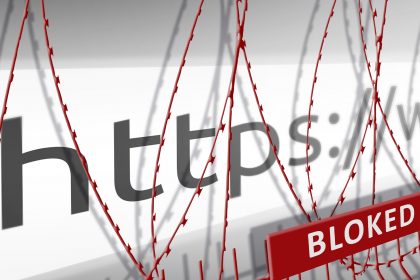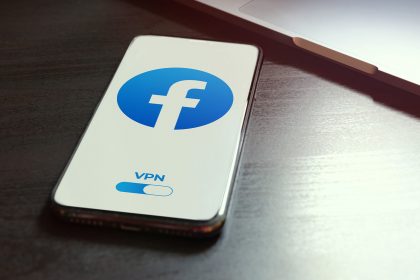The UN Cybercrime Convention might sound like a step toward a safer internet. It should aim to tackle online threats like hacking and fraud on a global scale. But beneath the surface, this treaty raises serious questions about privacy, freedom, and control.
The conclusion is simple: It’s lazy policing to tackle Cybercrime with mass surveillance; but here’s what you need to know.
The Promise and the Problem
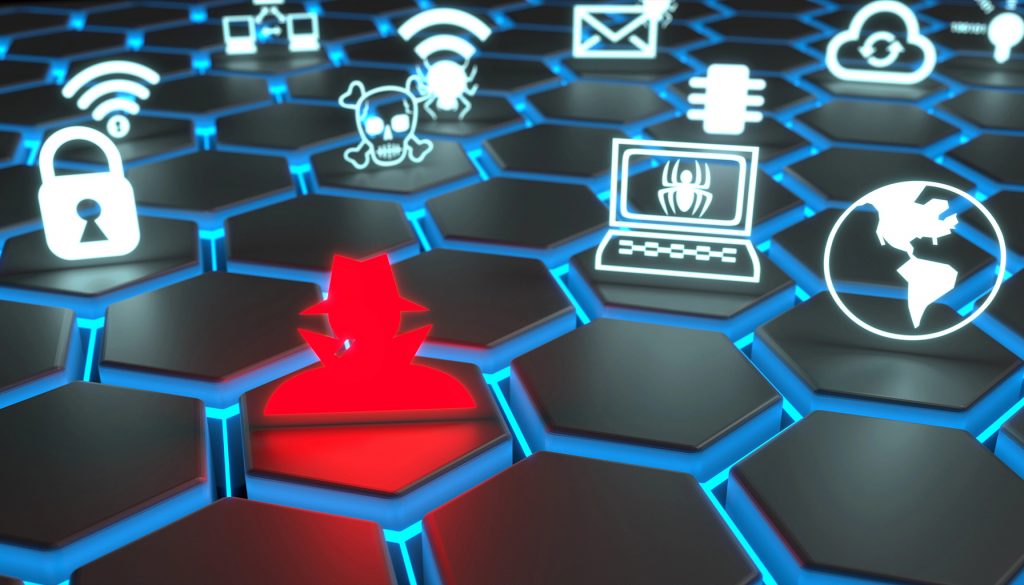
On paper, the treaty seeks to create a unified approach to fighting cybercrime. It pushes countries to share information and update their laws to handle modern cyber threats. While this sounds good, the details reveal major risks.
The treaty’s vague language allows governments to label dissent, journalism, or protests as “cybercrime.” This will give authoritarian regimes new ways to silence critics and tighten control over the internet. Legitimized by the United Nations.
We’re told it is a treaty for international cooperation and safety that may, in practice, have far-reaching implications for personal freedoms, digital rights, and the balance of global power in cyberspace.
The True Threat lies in the Details
During the negotiations, some nations, including Russia, China, Iran and Pakistan pushed to expand the treaty’s scope to include crimes like incitement to violence and desecration of religious values. These regimes are trying to criminalize critical thinking with the help of the United Nations.
Critics, including the EU and the U.S., argued for a narrower focus on computer-specific crimes such as hacking and CSAM aligned with the name of the
Despite opposition and public opinion, these nations advanced a supplementary protocol for broader criminalization before the treaty itself was finalized. This unresolved debate over what constitutes a cybercrime opens the door for misuse.
Privacy and the Age of Surveillance
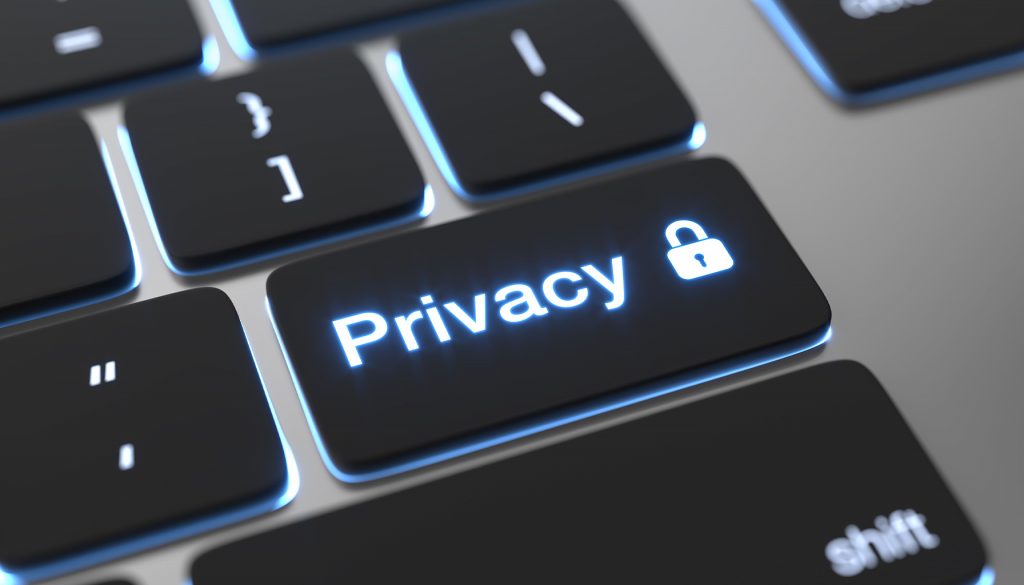
The treaty legitimizes the governments to monitor your online activity. It allows access to your data, giving authorities power to track what you do online. This might be aimed at catching criminals, but criminals already know how to protect themselves. It will affect ordinary people who just want privacy.
VPNIFY – Unlimited VPN
To protect your online privacy and keep your data safe, using a VPN like VPNIFY can make all the difference. VPNIFY encrypts your connection, ensuring your activities remain private, even in countries with heavy surveillance.
Mass data collection, known as metadata gathering, is another concern. Governments could collect huge amounts of data about their citizens, storing and using it without clear limits.
It will create a situation where everyone is treated like a suspect, even if they’ve done nothing wrong.
Freedom of Speech Under Threat

The treaty’s lack of precise definitions means that any speech which challenges the government will be considered a cybercrime. It opens the door for regimes to shut down dissenting voices and limit what people can say online.
In countries like Iran or Russia, independent journalists and activists are already at risk. This treaty could make it even easier to punish them, discouraging others from speaking out.
The Impact on Global Internet Access
Even though it’s speculative: The treaty might unintentionally create a fractured internet that we can already observe in China and North Korea. Where government control means losing access to certain websites, apps, or services.
So instead of a free, open internet, we might end up with a patchwork of restricted networks where power lies in the hands of a few and not the many..
Cybersecurity or Control?
One of the biggest fears is that governments might misuse the treaty’s powers. Surveillance and data collection could become tools for control instead of protection. Even worse, the focus on monitoring citizens might leave actual cybercriminals with loopholes to exploit.
Compromising encryption, which protects everything from your messages to your banking details, is another risk. Weakening security to allow government access risks making everyone vulnerable.
VPNIFY – Unlimited VPN
With a VPN like VPNIFY, you can strengthen your personal online security. It keeps your connection encrypted and private, giving you peace of mind while you browse, stream, or work online.
What’s Next for Digital Freedom?
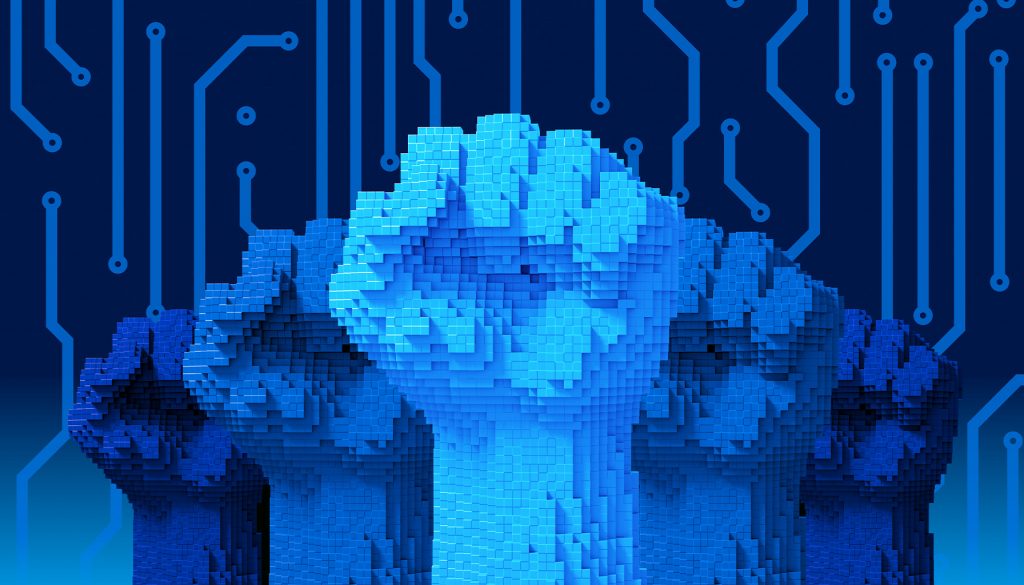
The future of digital rights depends on how this treaty is implemented. Governments must ensure that it targets real threats without infringing on basic freedoms. Transparency and accountability will be key to preventing abuse, but we can already imagine how this will work out.
Protecting your online privacy has never been more important. Tools like VPNs, encrypted messaging apps, and secure browsers can help you stay safe in this increasingly surveilled digital world.
VPNIFY – Unlimited VPN
Protect your digital freedom with VPNIFY. Stay anonymous, access restricted content, and secure your data—all with one easy-to-use app. Download VPNIFY today on iOS or Android and reclaim your online privacy.
Final Thought?
The UN Cybercrime Convention will re-shape the future of the internet for the worse. It was a chance to make the digital world safer, but it lacks respect for the personal freedom and privacy of individuals. It’s an insult to human rights.
The question still remains: Will it protect us, or will it control us?
Glossary
Cybercrime
Any illegal activity conducted using computers, networks, or the internet. Common examples include hacking, identity theft, online fraud, and spreading malicious software.
Metadata Gathering
The collection of data about online activities, such as timestamps, locations, and IP addresses, without capturing the actual content. Metadata can reveal patterns and sensitive information about users even without direct access to their communications.
Encryption
A method of protecting digital information by converting it into a secure format that can only be accessed by authorized users with a decryption key. Encryption ensures data privacy and security.
Sources
https://www.hrw.org/news/2024/10/21/eu-member-states-should-vote-no-un-cybercrime-treaty
https://www.eff.org/deeplinks/2024/08/un-general-assembly-and-fight-against-cybercrime-treaty
https://www.csis.org/events/discussion-un-cybercrime-convention
Convention draft
Authors note
I’m Scott, a passionate advocate for digital freedom and privacy, I’ve spent years navigating the complex intersection of technology, policy, and personal rights. Writing this article stems from a deep concern about how global treaties, like the UN Cybercrime Convention, will reshape the digital landscape for the worse. My goal is to empower readers with knowledge, spark critical discussions, and champion the need for transparency and accountability in digital governance.




